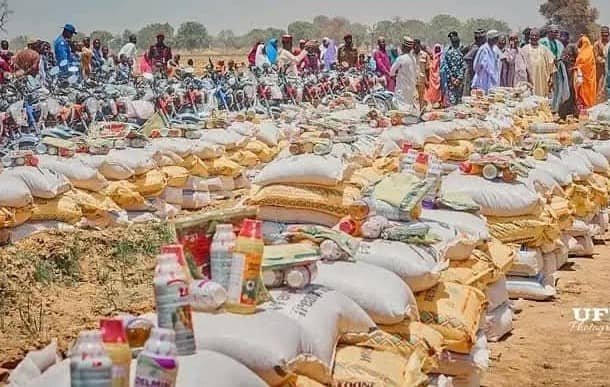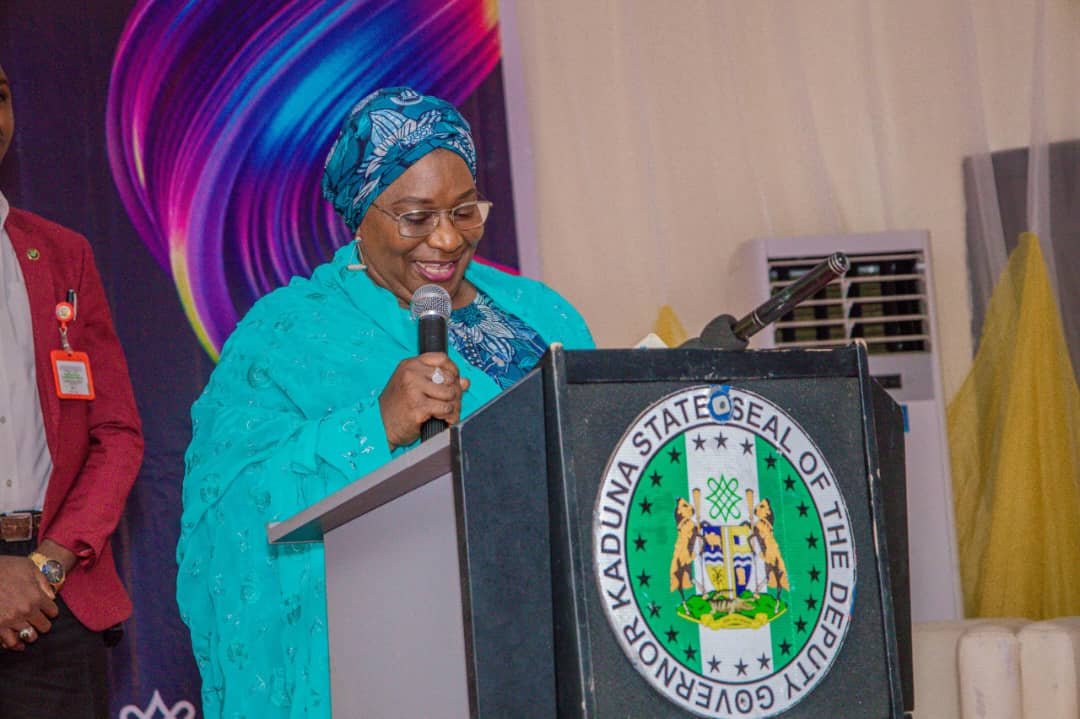Abba Abubakar Aliyu
The Managing Director, Rural Electrification Agency, Malam Abba Abubakar Aliyu, says private sector funding for the power sector will address the current electricity gap in the country.
Abba said to the Federal Government has already reached out to secure over 100 billion and another N1.1bn private sector funding as a co-financing requirement in the power sector.
He made this known at the ongoing Nigeria Energy Summit in Lagos with the theme ‘Breaking Barriers to the New Energy Era: Clean, Reliable and Sustainable’, organised by Informa Markets.
The REA boss said despite the challenges plaguing the power sector, “the Federal Government is committing a lot of resources and a lot of strategies to be able to address this electricity gap.
“Apart from the $750m that has already been provided by the present government, it is our expectation that the $750m would crystallise N1.1bn private sector funding as a co-financing requirement because we do not finance the entire infrastructure cost. We provide grant and subsidy as a way of catalising this private sector funding, and we are also working towards catalising N100 billion as local financing for developers, and this process has already started.”
The REA boss said exploring other sources of power generation was critical, noting that solar energy is now easy to deploy because of its economic viability.
Abba said that the REA has been looking at how to leverage small hydro, micro-hydro, biomass, and wind.
“We are working in that direction. In the next 2 to 3 weeks, you will see a notice of tender that will be sent out for a micro mini-grid that we are partnering, which is a 336-kilowatt micro hydro plant we are about to start implementing.
“Also, we have earmarked small and micro hydros in Katsina, Ondo, Ekiti, Cross River, Nassarawa, and Sokoto. This is in our effort to integrate other sources of renewable energy into our energy access drive.”
According to Aliyu, 1.5 million Nigerians now have interconnected mini-grids for electricity reliability.
“Three million of them grew isolated mini-grids to create electricity access for the first time, and about 12 million of them grew a mesh grid, stand-alone system, and solar home system. This is what the country is doing.
“We are also improving the commercial viability of the players, and this has started even before the outcome of the World Bank report,” he said.
The REA boss called for improvement in the commercial viability of the players, saying “the private sectors must improve their financial viability.
“The entire sustainability of the mini-grid, as any project finance infrastructure, is reliably computed upon the financial viability of the player that is implementing this.
“Whether it’s mini-grid, off-grid, or any infrastructure financing, that viability is subject to the commercial viability of the implementing app, whether it’s the private sector or public sector.
“So, in the off-grid, that financial viability is contingent upon how financially lucrative and capable are the private sectors that are deploying this infrastructure app,” he said.






